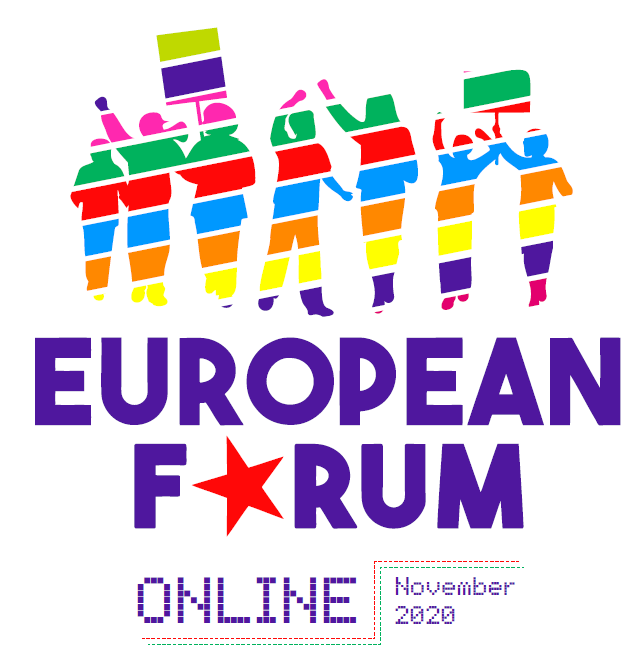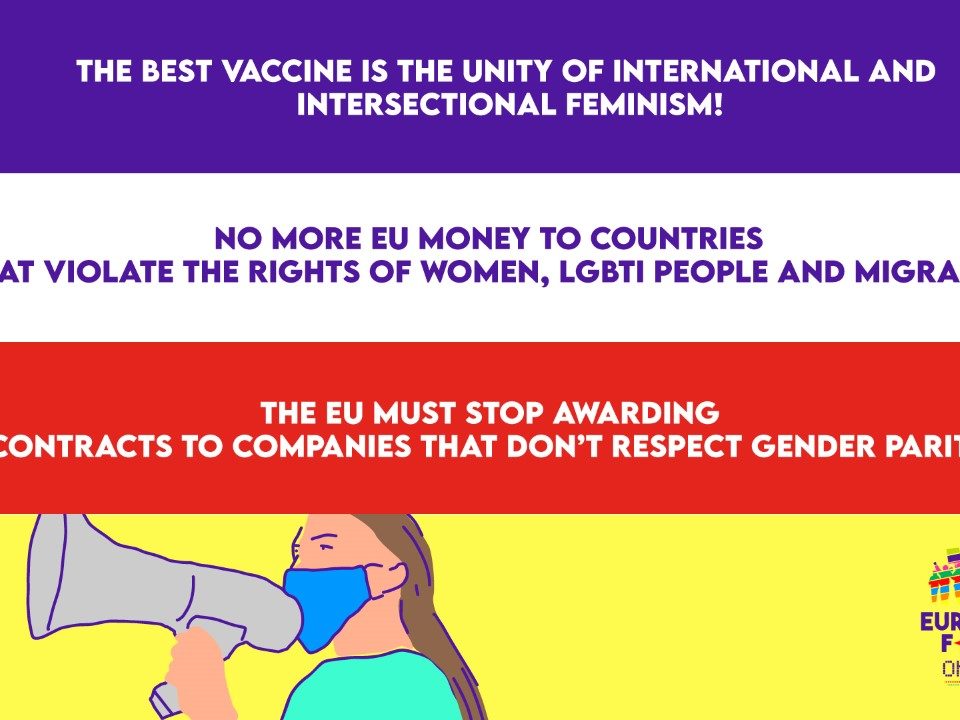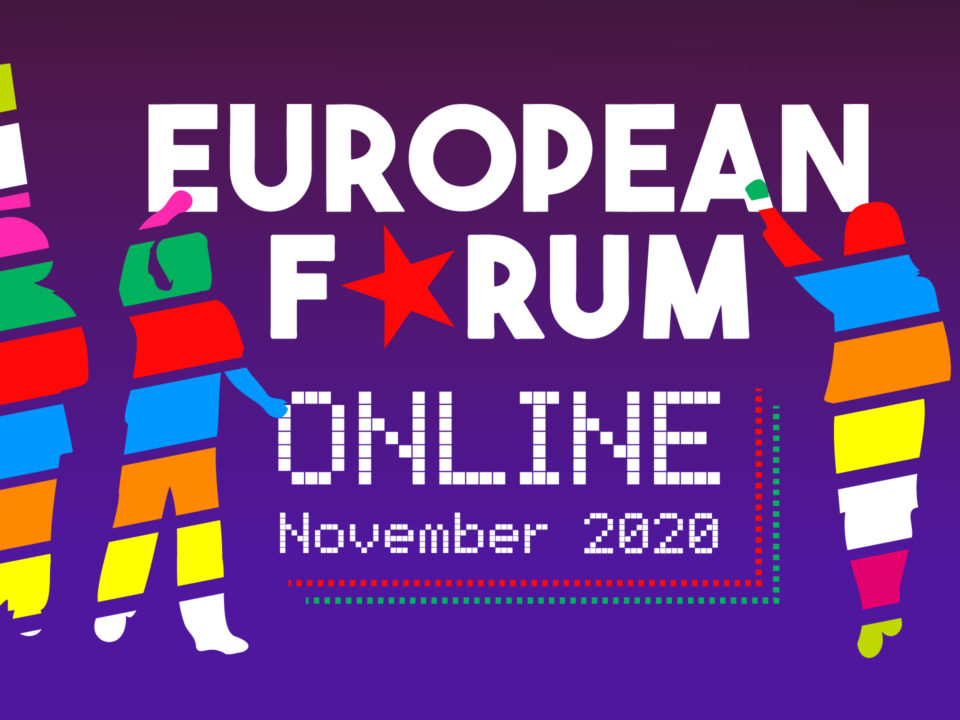
Black Lives Matter: Let’s fight together against racism and the factors that allow it.
October 6, 2020
News from the frontline: fighting racism and the far-right during the pandemic
November 11, 2020Report
During two hours, speakers gave their opinions on EU migration policies. They were divided into two panels, the first one focused on the actual experience of the situation on the ground (the “translation” of current policies in reality), while the second panel focused on the Commission’s new proposal and possible alternatives.
The speakers for the first panel were:
- Milena ZAJOVIC, President of Are You Syrious / Head of Advocacy, Border Violence Monitoring Network
- Helena MALENO, Human rights defender in Caminando Fronteras
- Iñigo MIJANGOS, President of Salvamento Maritimo Humanitario – Aita Mari
They have underlined that migrants and human rights defenders are constantly criminalised. In this issue, Frontex plays an important role. Mrs Maleno has highlighted how Frontex is now increasing its presence further west up into the Canary Islands since the reopening of a migration route in the Atlantic that was closed in 2006. They all stressed the need for legal pathways and the need to deal with migration in a human rights perspective. Furthermore, they have stressed the importance of communicating about the reality of the ground. Mrs Zajovic called for the creation of a truly independent monitoring mechanism that would be run by national preventive mechanisms and independent NGO. It would be funded by the Commission, border and independent agencies and it would consist of unannounced visits to border areas and police stations in border areas, with full access to data in border police stations, and enhanced cross-border cooperation. This control mechanism would benefit from an alarm system that could be triggered by potential asylum seekers in situations where their fundamental rights are being violated
The speakers for the second panel were:
- David CONLAN SMYTH, Senior Counsel. CCBE/European Lawyers in Lesvos
- Anila NOOR, Global Refugee-led Network and founder of the New Women Connectors
Mr Smyth has highlighted some of the key problematics of the new Pact. He showed how it is unclear how vulnerability will be assessed during the pre-entry screening, the monitoring mechanism proposed is vague and general, and it does not establish a clear link between national and EU laws. Most importantly, the new Pact would allow individual detention to become more common across the EU as well as undermining migrants’ right to legal representation. Mrs Noor has underlined the need to work with civil society organisation, migrant-led organisation and to include migrants in dialogues and make their voices heard.
To conclude, all participants expressed the opinion that there should be broad cooperation in the upcoming months in order to create a concrete alternative position to the Commission’s proposal and a strong political and social mobilisation in order to end with the restrictive migration policies and bring forward a model that respects all human beings and is in line with international law and the EU’s obligation to protect with the highest humanitarian standards. In this sense, the GUE/NGL group is organising a webinar on alternatives to the Pact, on the 2nd of December at 10:00 and more information can be found on the GUE/NGL website.
Dawit Yoseph Tesfay




